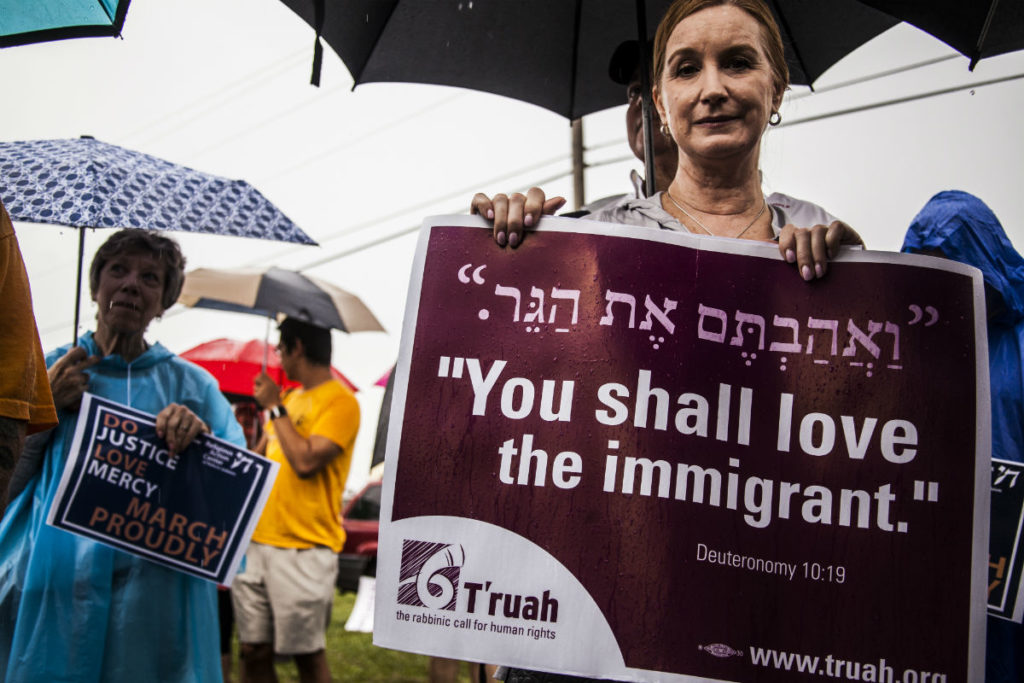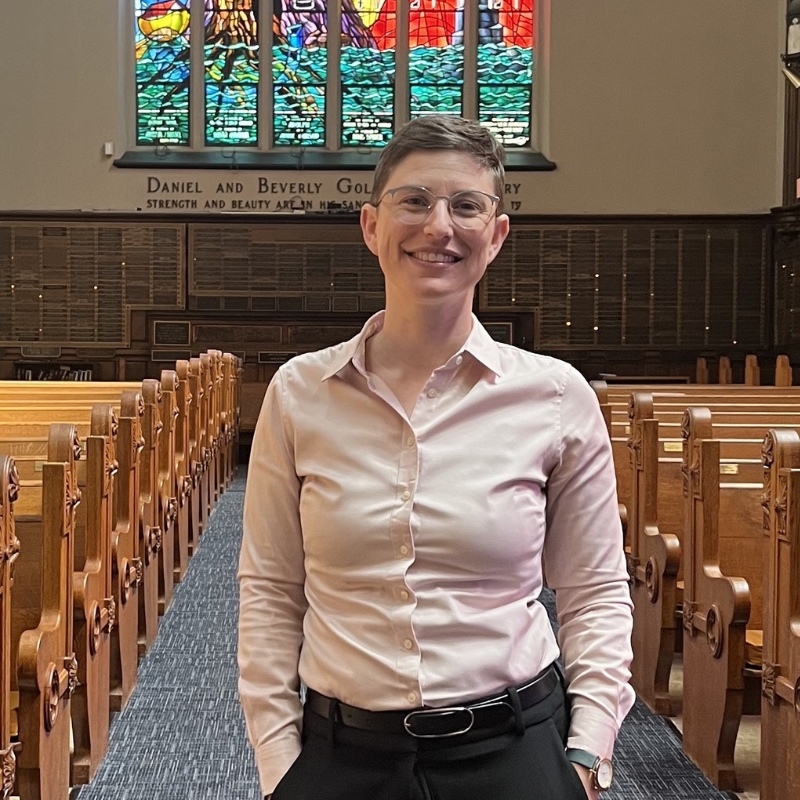Resources

So what do you do for a living?
Rabbi Darah Lerner uses the labor laws of Ki Tetze to discuss the treatment of workers in our own times.
more

How Is This Fair?
Rabbi Amy Small asks us to widen the path of justice in this week's d'var Torah on Parshat Shoftim.
more

Look, and Find Compassion
Rabbi Debra Kassoff encourages us to look at things a little differently in this week's drash on Parshat Re'eh.
more

The Drought Down the Street
Rabbi Jonah Rank examines unequal distribution of resources and the impact it has on kids in this reading of Parshat Ekev.
more

“Act Like You’ve Been There”
Rabbi Joshua Strom advises us to "act like we've been there" when we read VaEt'chanan.
more

A Trauma-Informed Reading of Parshat Devarim: Advice to Activists on Building Resiliency
In this week's commentary on Devarim, Rabbi Francine Roston reflects on the need to understand and process trauma before moving forward.
more

Human Rights In Progress (Slowly)
Rabbi J. Fred Schwalb traces the history of women's rights in the Torah and offers a prayer for the continued evolution of our ideas.
more

Prayer for the Protection of Immigrants and Refugees
Written by Rabbi Simkha Y. Weintraub, recipient of the 2019 T’ruah Founders’ Award, this prayer asks for the safety of immigrants and refugees, as well as their families and communities. Find more resources for your Tisha B’Av #CloseTheCamps vigil here.
more

The Sound of Longing
Rabbi Maya Glasser points to the importance of recognition, whether with Zelophehad's daughters in Parshat Pinchas, or those in solitary confinement in our own day.
more

Prayer for Tisha B’Av Actions: Jews Say #CloseTheCamps
Our tradition teaches us that our individual laments form a collective lament, gathering the disparate parts of ourselves into a unified sorrow. It comes from the bones, from breath. The city weeps, and we weep with her, her wails are our breath, her voice in our mouths.
more



